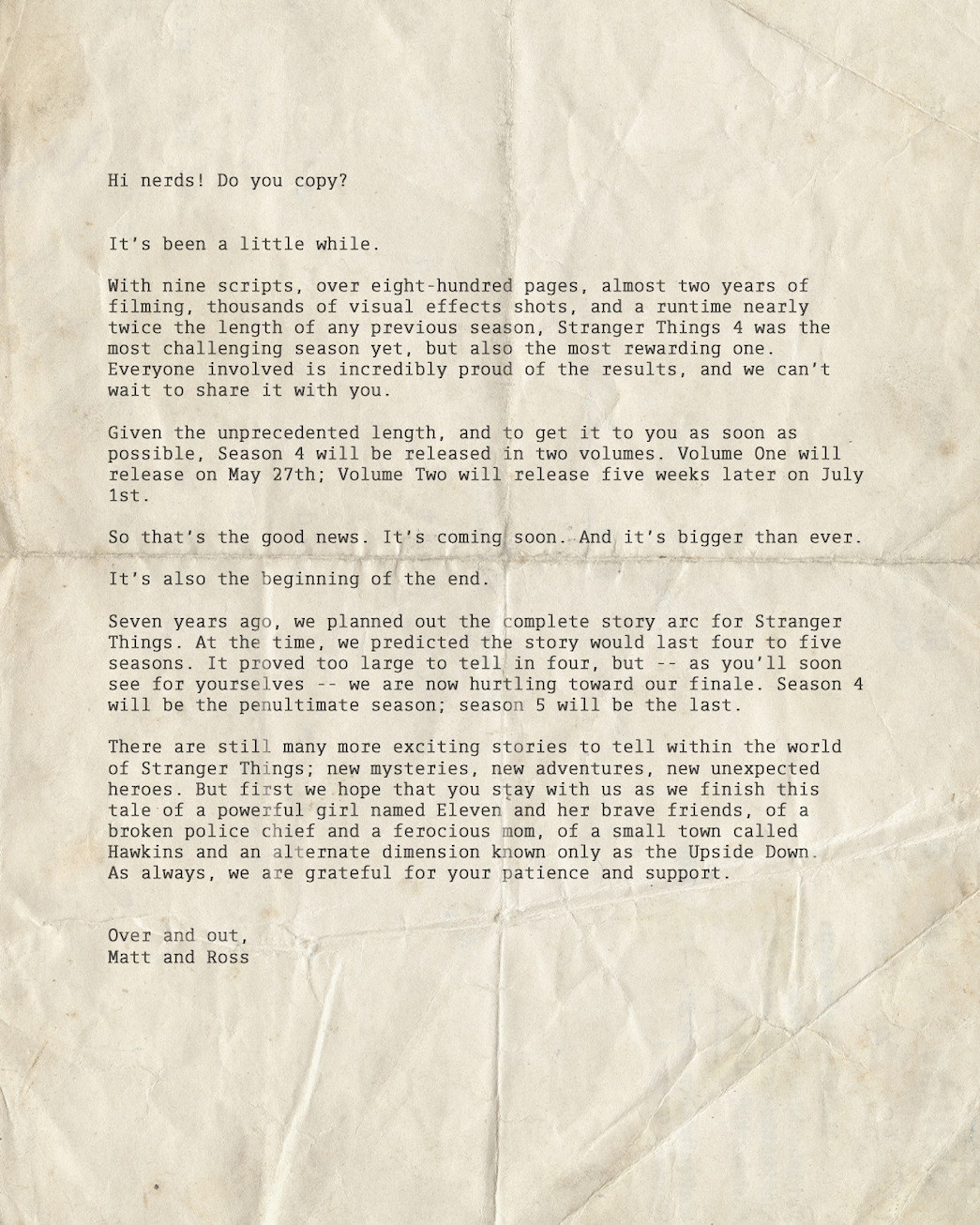

“Netflix is notorious for its weak translations of Korean dramas,” wrote Sharon Kwon in Slate. Squid Game’s “lost in translation” moments have even tipped over into accusations of cultural and political bias.

The optimistic inquiry “Can I speak a language fluently just by watching TV?” yields 10.4 million Google results. In the same way that everyone who lapped up the Danish series Borgen convinced themselves they could speak Danish just because they could say “Tak, tak, Staatsminister” (“Thanks, thanks, Prime Minister”) in a dodgy Scandinavian accent, so viewers turned to French slang YouTube videos to try to decode their best bits from Call My Agent. But it also speaks, perhaps, to a sort of secret fantasy that we might understand more in another language than we think. This is partly about global viewers being increasingly open to seeking out the best entertainment experiences. But it has also sparked an intense debate about what gets lost in that one-inch block of text – and raised questions over whether Netflix is investing enough in creating accurate versions of foreign-language scripts.Įven before Squid Game, some of Netflix’s biggest hits were “foreign language” series, among them Lupin (France), Elite (Spain), Dark (Germany) and Money Heist (Spain). It has become Netflix’s biggest hit yet, earning the title of its No 1 show in 90 countries, mostly within days of release and eclipsing even the mighty Bridgerton. The success of Netflix’s Korean series Squid Game, where contestants compete in deadly playground games to win a cash prize, has proved him more than right. “O nce you overcome the one-inch-tall barrier of subtitles, you will be introduced to so many more amazing films.” So said the director Bong Joon-ho, as he accepted his best picture Oscar for Parasite in 2020, in a not-so-subtle dig at the dominance of English language content.


 0 kommentar(er)
0 kommentar(er)
